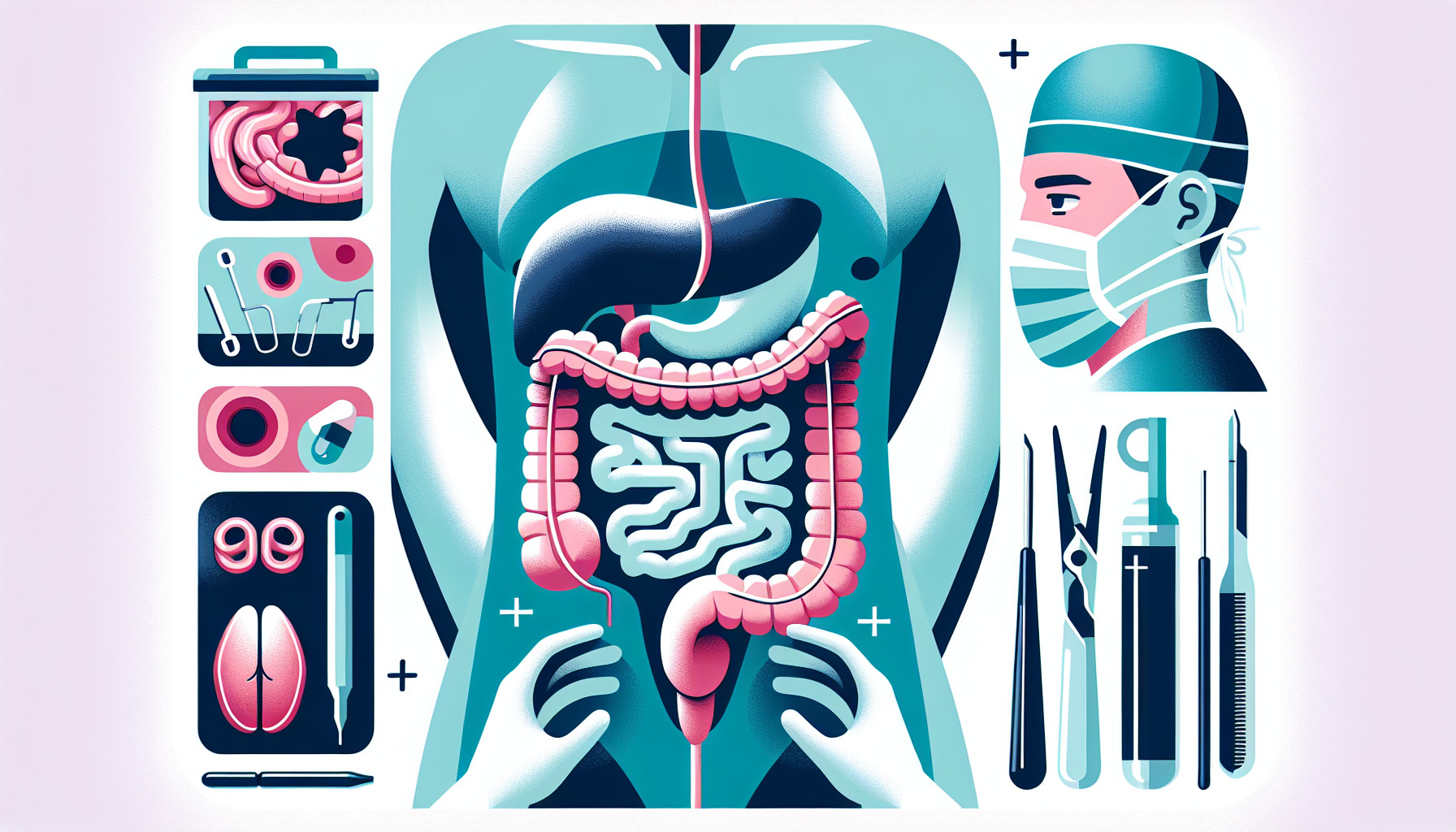Our Summary
This research paper is about how diet can affect the health of patients who have had an intestinal transplant. This type of transplant can be a life-saving treatment, especially for patients with intestinal failure who can’t use parenteral nutrition anymore. After the surgery, most patients can eventually eat a full diet again. However, there isn’t much advice or consensus on the best diet for these patients, in terms of what types of foods, vitamins, and dietary patterns they should follow.
Oral diets have become a key part of primary care and preventive medicine, but they’re not yet a major focus in the field of organ transplantation. Evidence so far shows that chronic inflammation in the body can contribute to many chronic diseases as well as problems with the transplanted organ.
In this review, the authors will discuss current trends in diet for transplant patients and suggest new approaches to nutrition that could help reduce inflammation and the risk of chronic disease, while also improving the function of the transplanted organ.
FAQs
- What is intestinal transplantation and who can benefit from it?
- Is a full oral diet possible for patients who have undergone intestinal transplantation?
- How does the current research suggest nutrition management techniques can help in decreasing systemic chronic inflammation and optimizing graft function in intestinal transplant patients?
Doctor’s Tip
One helpful tip a doctor might tell a patient about intestinal transplant is to follow a well-balanced and nutritious diet to support overall health and optimize graft function. This may include focusing on consuming adequate protein, healthy fats, fiber, vitamins, and minerals. It is also important to stay hydrated and avoid processed foods high in sugar and unhealthy fats. Working with a dietitian who specializes in transplant nutrition can help ensure that you are meeting your specific dietary needs post-transplant.
Suitable For
Patients who are typically recommended for intestinal transplant include those with intestinal failure who are unable to tolerate oral intake and require long-term parenteral nutrition, as well as those who have developed life-threatening complications due to the use of parenteral nutrition. These patients may have conditions such as short bowel syndrome, intestinal strictures, or motility disorders that prevent adequate absorption of nutrients from food. Intestinal transplant may also be recommended for patients with chronic intestinal inflammation, recurrent infections, or other complications that cannot be managed through medical or surgical interventions alone.
Timeline
- Before intestinal transplant:
- Patient is diagnosed with intestinal failure and is unable to absorb nutrients properly, leading to dependence on parenteral nutrition (PN).
- Patient experiences complications from long-term PN use, such as liver failure or infections.
- Patient is evaluated for intestinal transplant as a potential treatment option.
- Patient undergoes extensive pre-transplant evaluations, including psychological and social assessments.
- Patient is placed on the transplant waiting list.
- After intestinal transplant:
- Patient undergoes the transplant surgery, which involves removing the diseased intestine and replacing it with a healthy donor intestine.
- Patient is closely monitored in the hospital for signs of rejection or other complications.
- Patient is gradually weaned off PN and started on a clear liquid diet, followed by a soft diet, and eventually a full oral diet.
- Patient undergoes regular follow-up appointments with their transplant team to monitor graft function and overall health.
- Patient may need to take immunosuppressant medications for the rest of their life to prevent rejection of the transplanted organ.
- Patient may experience improvements in their quality of life and ability to absorb nutrients, but may still face challenges related to long-term complications and managing their diet to optimize graft function and reduce inflammation.
What to Ask Your Doctor
- What is the success rate of intestinal transplants?
- What are the potential risks and complications associated with intestinal transplant surgery?
- How long is the recovery process after an intestinal transplant?
- What medications will I need to take after the transplant and what are the potential side effects?
- How will my diet need to change after an intestinal transplant?
- Will I need to take any nutritional supplements or follow a specific dietary plan?
- How often will I need to follow up with my transplant team after the surgery?
- Are there any specific signs or symptoms I should watch out for that may indicate rejection or complications post-transplant?
- How can I best support my overall health and well-being after an intestinal transplant?
- Are there any lifestyle changes I should consider making to improve my long-term outcomes after the transplant?
Reference
Authors: Ravella S. Journal: Hum Immunol. 2024 May;85(3):110809. doi: 10.1016/j.humimm.2024.110809. Epub 2024 May 9. PMID: 38724327
